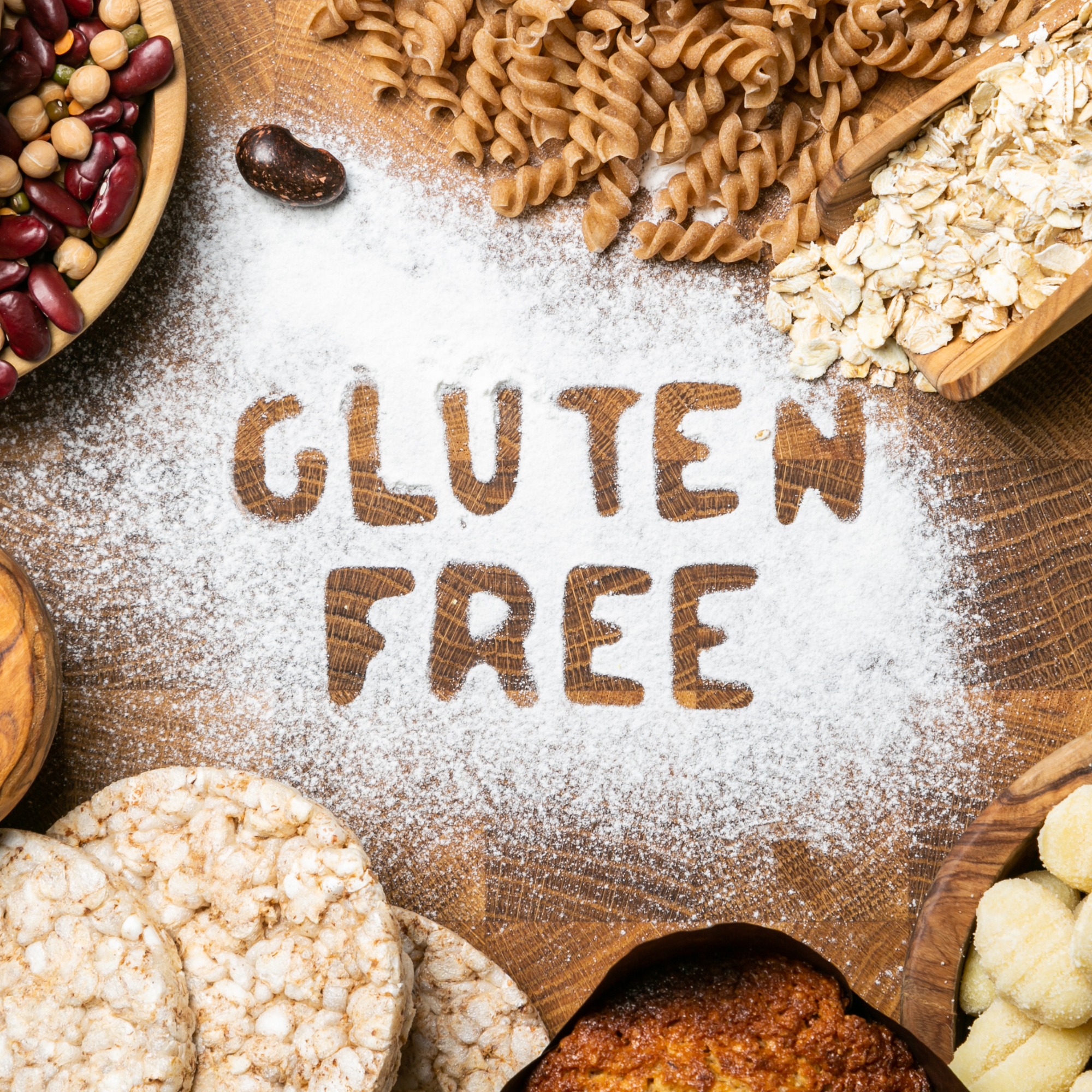
Gluten Unveiled: Navigating the Complex World of Ingredients and Health
Feeling Confused About Gluten?
If you’ve ever felt confused by all the gluten-free options in grocery stores and wondered whether you should care about gluten, you’re asking the right questions. The gluten conversation has become so noisy that it’s hard to separate facts from fads. Let me help you understand what gluten actually is, how it might affect your body, and why making informed choices about it could genuinely improve how you feel.
What is Gluten, Really?
Think of gluten as nature’s glue. It’s a protein found in wheat, barley, rye, and their derivatives that gives bread its chewy texture and helps baked goods hold their shape. When you knead dough and it becomes stretchy and elastic, that’s gluten at work.
For most of human history, this wasn’t a problem. But in recent decades, more people are experiencing issues with gluten—and it’s not just in their heads.
The Real Health Impact
Here’s what we know from research:
- 1% of people have celiac disease, an autoimmune condition where gluten literally damages the small intestine. Even tiny amounts can cause serious health problems.
- 6–7% of people have non-celiac gluten sensitivity, with real symptoms like bloating, headaches, brain fog, and digestive discomfort.
There’s also growing research suggesting gluten can trigger inflammation in some people, potentially affecting everything from gut health to cognitive function. Many report feeling clearer and more energetic when they reduce gluten.
The Gluten-Free Difference
When I started developing products at The Good Kind, I noticed something fascinating: removing gluten opened up a whole world of more nutritious ingredients. Instead of relying on wheat flour, we began using almond flour, coconut flour, quinoa, and other nutrient-dense alternatives.
These ingredients don’t just avoid gluten—they often provide more protein, fiber, healthy fats, and micronutrients than traditional options. It’s like upgrading from a basic car to one with better features across the board.
Beyond the Label
Going gluten-free isn’t just about avoiding a single protein. It’s about embracing ingredients that nourish your body better. Many people who try gluten-free products initially for digestive issues later notice improvements in energy, sleep, and focus. These aren’t just placebo effects—they’re real responses to reducing inflammation and choosing nutrient-dense foods.
Addressing the Myths
Let’s clear up a few misconceptions:
- Gluten-free doesn’t mean tasteless — with the right ingredients, it can be incredibly delicious.
- Gluten-free isn’t automatically less nutritious — it depends on what ingredients replace the gluten-containing ones.
The key is choosing products made with whole, real ingredients rather than highly processed substitutes.
How to Know if Gluten Affects You
If you’re curious, try removing gluten from your diet for a few weeks and pay attention to your energy, digestion, sleep, and mental clarity. Many people are surprised by the difference. You don’t need a diagnosis—if you feel better without it, that’s valuable information about your body.
Making the Switch
The good news: today’s food landscape makes it easy to avoid gluten without sacrificing taste. Look for snacks made with nuts, seeds, and alternative grains. Read ingredient lists and choose options that feel like real food—not chemistry experiments.
Our Promise to You
At The Good Kind, we don’t just remove gluten—we create snacks that are more nutritious, more flavourful, and more satisfying than their gluten-containing counter
Share












